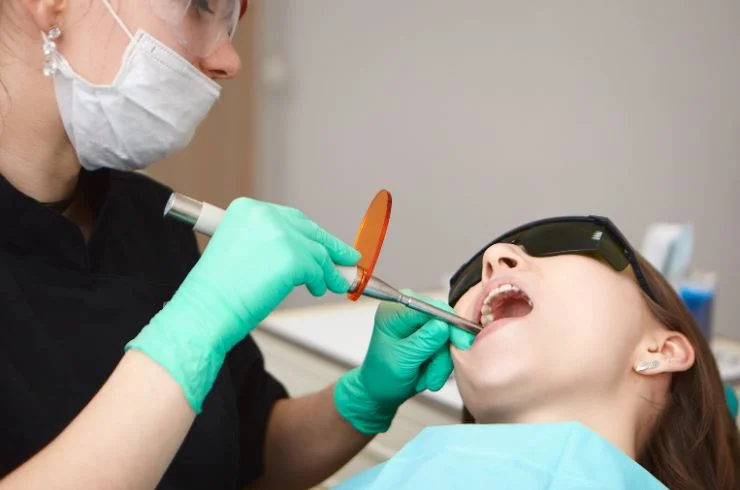
What is Oral Hygiene?
Oral hygiene refers to the practice of maintaining healthy teeth, gums, and mouth by regularly cleaning them to prevent dental problems such as cavities, gum disease, and bad breath. Good oral hygiene involves brushing your teeth, flossing, and using mouthwash, as well as visiting the dentist regularly for professional cleanings and checkups. Proper oral hygiene helps remove food particles, plaque, and bacteria that can lead to tooth decay, gum disease, and other oral health issues. In addition to cleaning, it includes other habits like a balanced diet and avoiding tobacco, all of which contribute to long-term oral health and well-being.
How to Maintain Good Oral Hygiene?
To ensure effective oral hygiene, follow these basic steps:
Who Should Pay Attention to Oral Hygiene?
Everyone should maintain good oral hygiene as part of their daily routine, from children to adults. However, certain groups may need to pay extra attention:
Benefits of Good Oral Hygiene
Aftercare & Maintenance
Good oral hygiene is a lifelong commitment, and the more consistent your routine, the better your results will be. After each brushing session, make sure to clean your toothbrush regularly, replace it every three to four months, and make sure that you’re brushing with the correct technique. If you have specific concerns, like gum sensitivity or difficulty flossing, ask your dentist for personalized recommendations to improve your oral hygiene habits.
By making these habits part of your daily routine, you can maintain healthy teeth and gums and enjoy a confident, healthy smile for life.